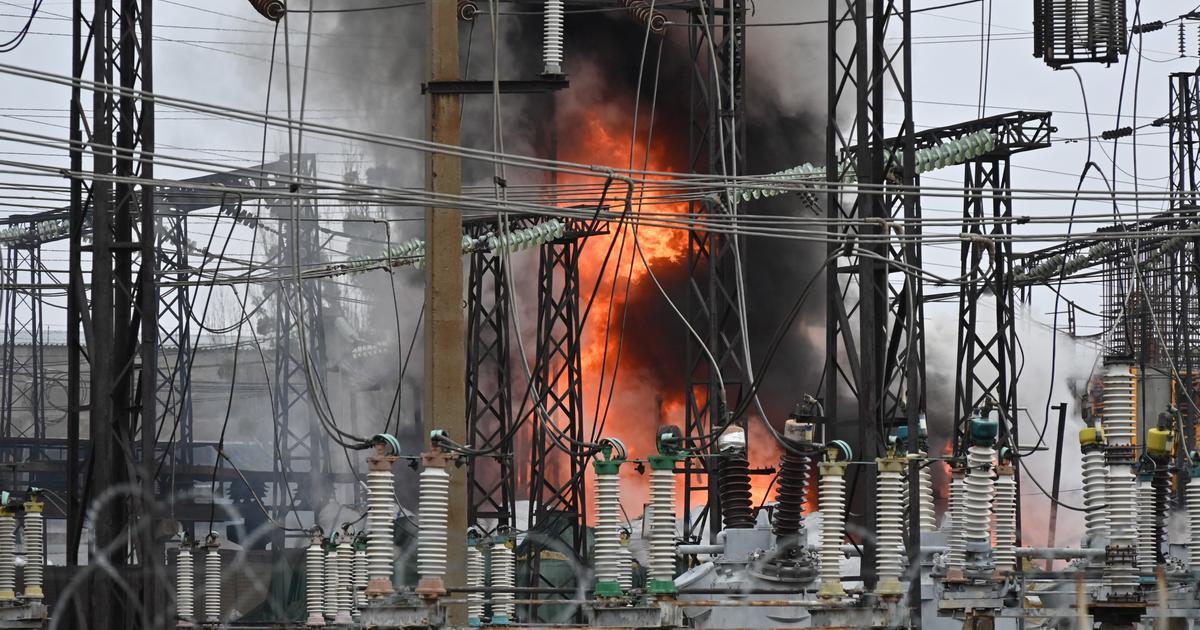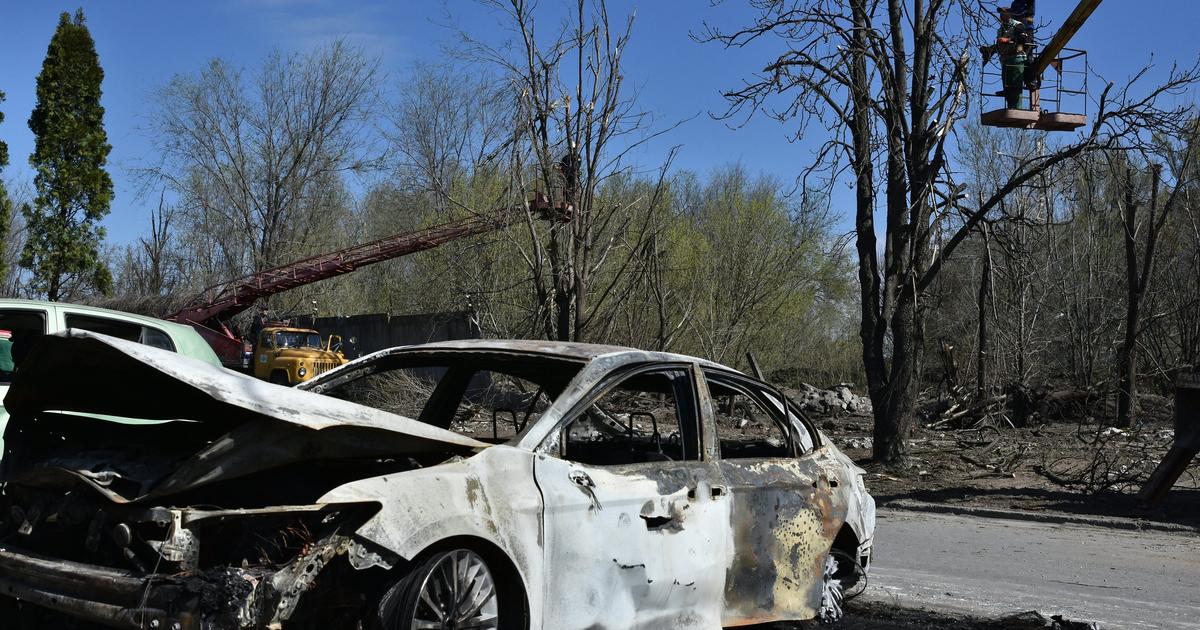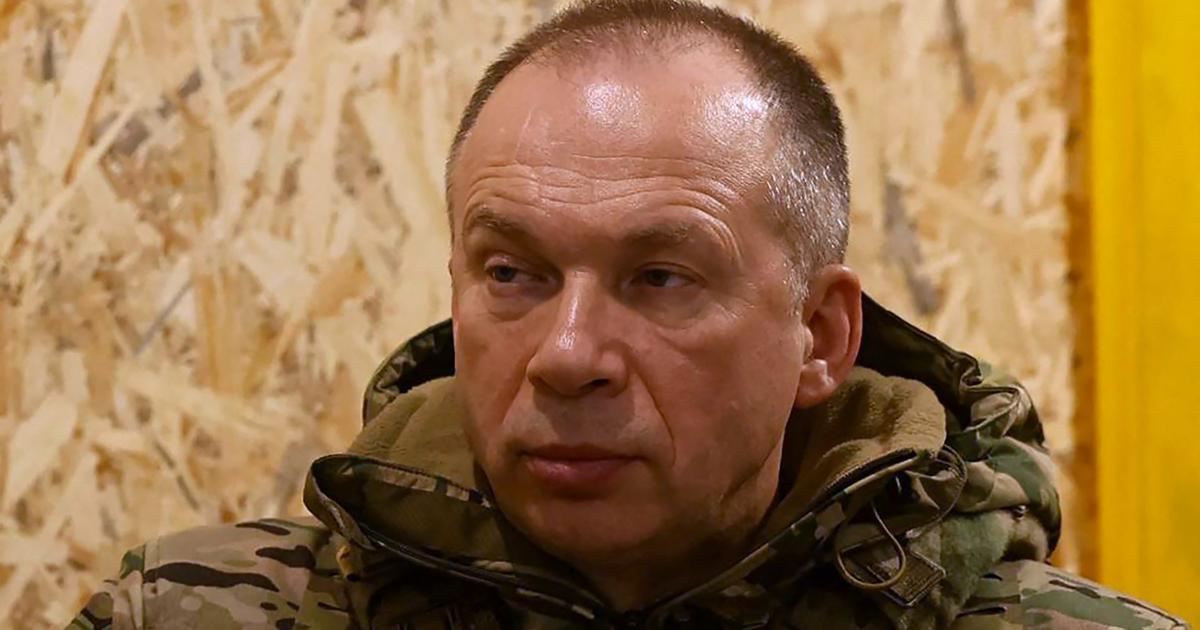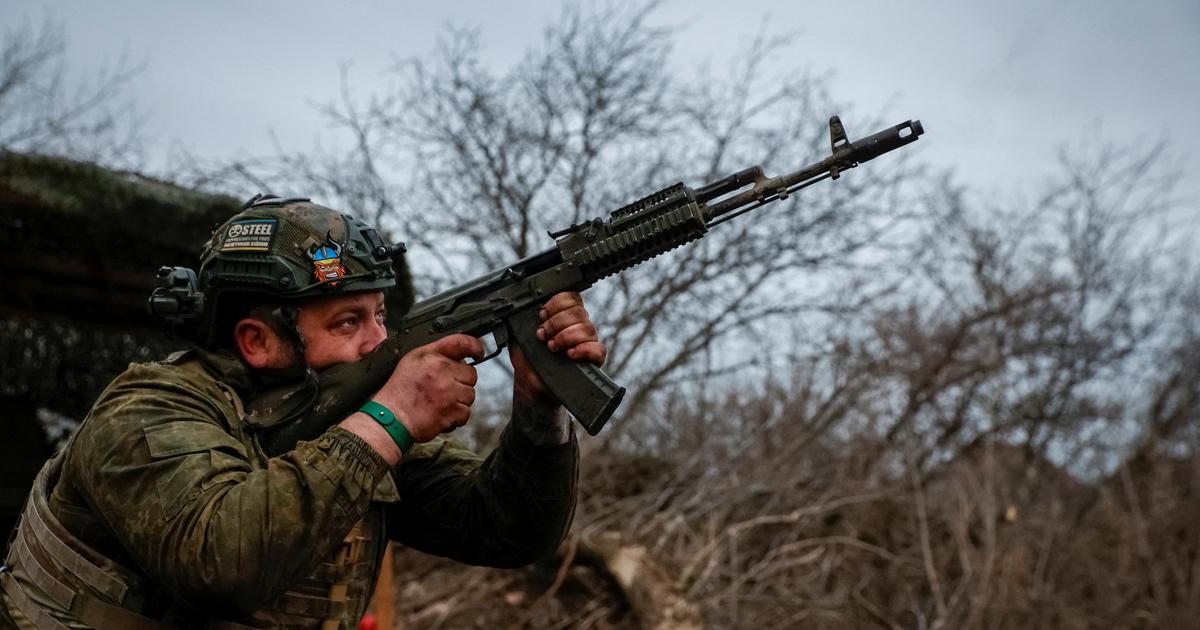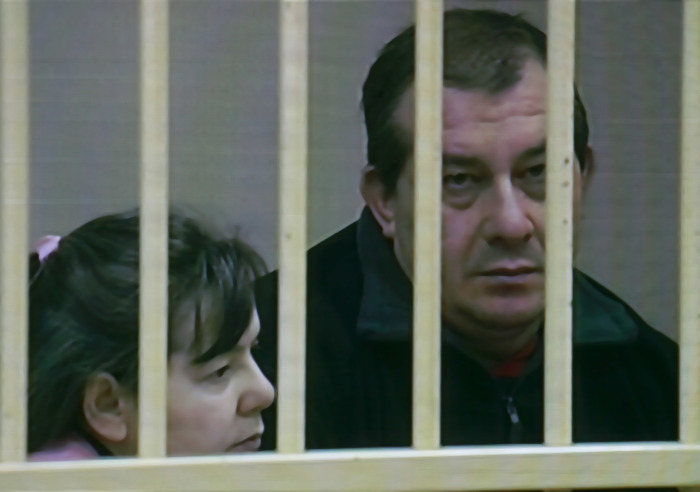Moscow was the target of a drone strike early Tuesday, according to Russian officials, the first strike to hit civilian areas of the capital and another sign that the war in Ukraine is increasingly touching Russia's heartland.
Five of the drones that attacked Moscow on Tuesday were shot down and the systems of three others were blocked, according to the Russian Defense Ministry.
A video still image shows Russian Defense Minister Sergei Shoigu during a teleconference with the country's high-ranking military in Moscow, Russia May 30, 2023. Russian Defense Ministry/Handout via REUTERS
The assault has raised fresh questions about Russian air defenses after explosions over the Kremlin earlier this month.
The assault followed another overnight bombardment by Russian forces on the Ukrainian capital, Kiev, which in recent weeks has faced a barrage of attacks that have put the city on edge and tested the country's air defenses.
The two attacks reflected rising tension and shifting priorities ahead of the expected Ukrainian counteroffensive.
Ukraine has been pushing deeper and deeper into Russian territory, while Moscow has been adjusting its tactics to inflict significant damage on Kiev.
Tuesday's airstrike on Moscow comes weeks after an alleged drone strike on the Kremlin, a bold and symbolic attack targeting President Vladimir V. Putin's seat of power.
U.S. officials said the attack on the Kremlin was most likely orchestrated by one of Ukraine's special military or intelligence units.
Here's what we know about the attack.
Russian investigators work in a damaged apartment of a residential building following a drone strike in Moscow, Russia, May 30, 2023. EFE/EPA/MAXIM SHIPENKOV
What happened?
The Russian Defense Ministry reported that at least eight drones had attacked the capital and surrounding region.
All the drones were intercepted, the ministry said in a statement, saying electronic jamming measures forced some to deviate from intended targets and that others had been shot down outside the city limits by air defenses.
He did not specify what the targets might have been.
Three residential buildingsin Moscow were damaged by drones after being intercepted, according to the Russian prosecutor general's office.
Some residents were briefly evacuated early Tuesday, said Sergei Sobyanin, the city's mayor.
Sobyanin said in a post on the messaging app Telegram that two people required medical attention, but no one was seriously injured.
Who is behind the attack?
The Russian Defense Ministry blamed the Ukrainian government for what it described as a "terrorist attack."
There was no immediate comment from the Ukrainian military, which typically maintains a policy of strategic ambiguity about any attack on Russian territory.
However, Mykhailo Podolyak, an adviser to Ukrainian President Volodymyr Zelensky, stated that Kiev was not "directly involved" in the drone attack on Moscow, although he was "happy" to observe.
The Russian Investigative Committee, equivalent to the FBI, said it had launched an investigation into the attack.
What was the goal?
The target of the drone strike was not immediately clear.
A video verified by The New York Times shows a 25-story apartment building on the southwestern outskirts of Moscow slightly burned outside.
The wreckage of a drone's wing is seen just outside the building.
Other videos verified by The Times were filmed 13 kilometers away, outside a building in which Russian media reported that a drone had flown inside.
The footage shows two apparent drone wings outside the residential building.
In other video footage, a third building, which also appears to have been hit by a drone, has a broken window.
The three residential buildings featured in the videos are located on the southwestern outskirts of Moscow, in upper-middle-class areas of the city.
Why is it important?
Moscow is about 500 kilometers from the border with Ukraine.
Although there have been drone explosions near the capital, Tuesday's attack appears to be the first time a drone has hit a building inside the city.
This month there were nighttime explosions over the Kremlinthat Russia says were an assassination attempt on President Vladimir V. Putin.
On the day of the blasts, Zelensky publicly denied responsibility, claiming that Ukraine is fighting on its own territory.
U.S. intelligence officials said it was most likely that one of Ukraine's special military or intelligence units orchestrated the attack, adding that they had "little" confidence that the Ukrainian government had directly authorized it.
U.S. officials have in the past expressed concern that Ukrainian attacks on Russian soil could provoke Putin without having a direct effect on the battlefield, one reason Washington has withheld Ukrainian weapons that could be used to strike deep into Russia.
The reality of the war in Ukraine has largely been perceived as distant to much of the Russian public, but attacks on Moscow could change that and possibly even threaten overall support for Putin's management of what the Kremlin has called the "special military operation."
One concern is that the attacks in Russia could serve as a pretext for Putin to escalate the war in some way, such as attacking key government buildings in Kiev and attempting to behead the Ukrainian government.
The Kremlin's reaction to Tuesday's drone attack was muted.
Kremlin spokesman Dmitry S. Peskov told reporters the Defense Ministry "acted well" in responding to the attack, but declined to comment further.
c.2023 The New York Times Company
See also



